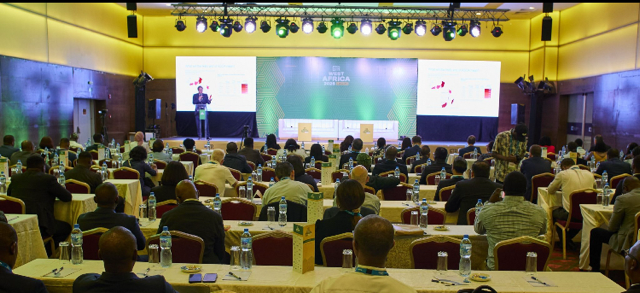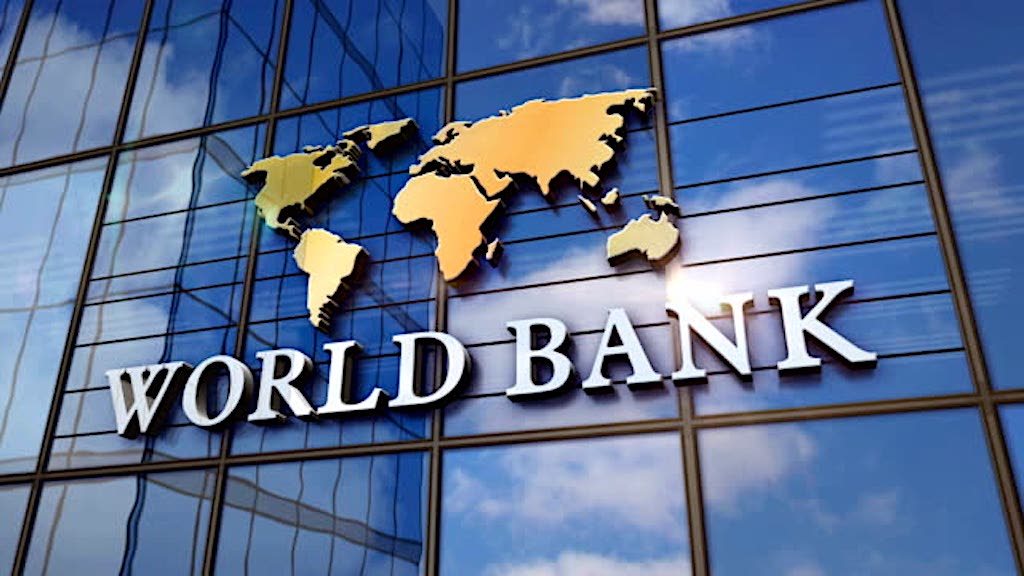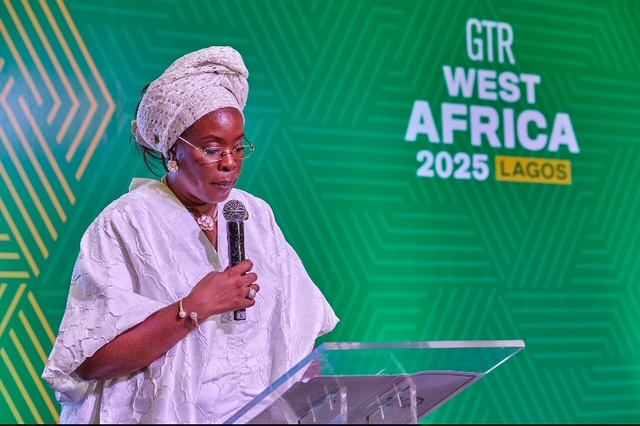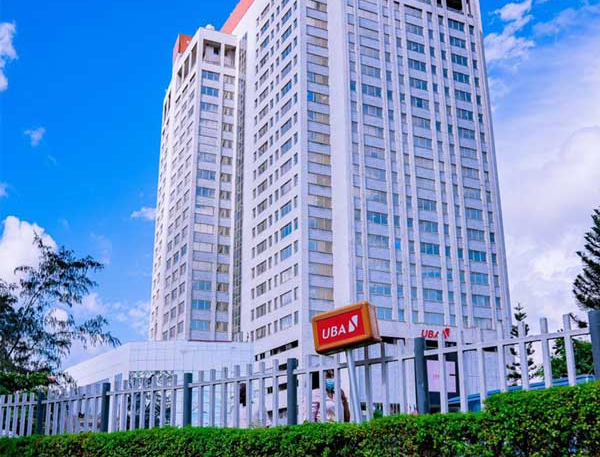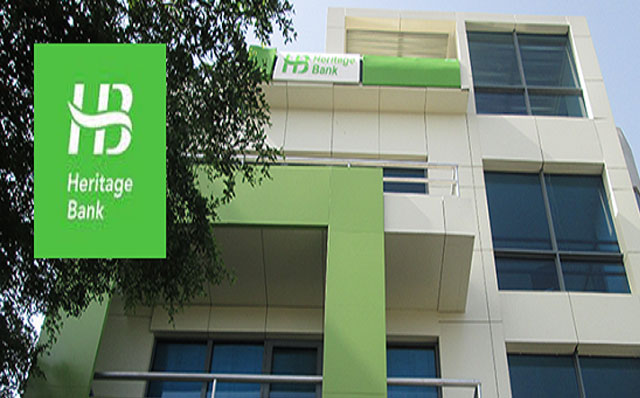Eromosele Abiodun
The Nigerian Association of Chambers of Commerce, Industry, Mines and Agriculture (NACCIMA) and the Organized Private Sector of Nigeria (OPSN) have expressed concern over the World Bank’s projection that Nigeria’s poverty rate could soar to 56 per cent by 2027, calling for urgent, decisive and coordinated action to reverse the trend.
According to the World Bank, 104 million Nigerians, about 47 per cent of the population were living below the poverty line in 2023, up from 40 per cent in 2018.
The report cited sluggish economic growth, high inflation, and rising rural-urban disparities as key drivers of the trend.
Particularly affected are rural communities where poverty levels have jumped from 67 million to 84 million people, while urban areas saw an increase from 13 million to 20 million.
In its latest report, the World Bank predicted that poverty will continue to rise in the coming years, potentially reaching 56 per cent by 2027.
Reacting to the report, NACCIMA President, Dele Kelvin Oye Esq., however outlined a13-point short-term measures to halt and reverse the projected rise in poverty.
These include targeted economic stimulus packages, greater investment in agriculture, expanded access to credit and microfinance, and supportive and predictable tax environment and robust vocational training programs for unemployed youth and women, amongst others.
On Economic Stimulus Packages, Oye who is also the Chairman of the OPS stated: “The government should implement well-structured and targeted stimulus packages focused on vulnerable populations. Such measures should include cash transfers, food assistance programmes, and direct support to small and medium enterprises (SMEs) to stimulate job creation.
“It is important to note that current support systems are often insufficient and lack proper structure, leading to instances of abuse and corruption. To address this, independent monitoring and thorough evaluation must be instituted across all processes.”
According to him, “Given that a significant proportion of Nigerians rely on agriculture for their livelihoods, there is a need for targeted investment in this sector. Subsidising inputs, providing long-term single-digit credit, and expanding training programmes can help increase food security and foster sustainable livelihoods.
“Expanding access to microfinance for small businesses, cooperatives, and entrepreneurs will promote self-employment and help reduce poverty. Facilitating favourable lending conditions specifically for women and youth is crucial, alongside the urgent development of youth-targeted capital to address the ongoing trend of the ‘Japa Syndrome.
“Establishing robust vocational and skills training programmes for the unemployed and underemployed will enhance employability and support new entrepreneurs in high-demand sectors. The government should not only strengthen its existing partnership with the German government on vocational training but also collaborate with NACCIMA to expand vocational training opportunities nationwide.”
Oye continued: “Improving infrastructure, particularly in rural areas, will increase market access for farmers and small businesses, leading to increased incomes and, ultimately, poverty reduction.
“There is a need to introduce tax incentives for businesses investing in underserved regions and for those prioritising local employment. Recent tax policy directions, such as extending tax regimes to free trade zones and imposing punitive levies on international investors – for instance, the Federal Competition and Consumer Protection Commission’s $220 million fine on WhatsApp and META, and the Financial Reporting Council’s taxes on business turnover – risk deterring vital investment.
“Such measures should be carefully reviewed to promote, rather than hinder, business growth and confidence.
“Public-private partnerships should be encouraged to finance economic development initiatives, leveraging combined resources and expertise for efficient delivery of social impact.
“The government can further support these efforts by de-risking major barriers for business investment, such as in the solid minerals industry, making it more attractive for private capital and boosting sectoral growth.
“Expanding social safety nets, which include unemployment benefits and healthcare access, will provide much-needed relief to those facing financial distress and support their pathways to recovery.
“Targeted awareness campaigns are crucial to ensure that vulnerable populations are informed about the various government programmes and services available to assist them.
“The worsening security crisis – ranging from insurgencies to armed groups disrupting agricultural activities – remains a major driver of rural poverty and food insecurity.
“It is vital for government to act swiftly and decisively to restore peace and security, especially in rural communities, thereby creating a stable environment for agricultural productivity and investment.”
On adding value through internal trade/AfCFTA, the OPS Chairman said, “As stated by the Director-General of the World Trade Organisation (WTO), Dr. Ngozi Okonjo-Iweala, Africa remains minimally affected by recent U.S. tariffs partly because only 6.5% of its exports go to the U.S., while 4.4% of imports come from there. She notes, however, that this limited trade with the U.S. is itself detrimental, stalling economic growth.
“Africa – and Nigeria in particular – must leverage its own resources for development, especially as global aid declines. Citing Lesotho, which previously exported $200 million worth of textiles to the U.S. but now faces major challenges, Dr. Okonjo-Iweala advocates for prioritising intra-African trade. She highlighted that Africa spends $7 billion annually importing textiles, and suggested that countries like Lesotho shift focus to regional markets.”
Oye added: “Nigeria must maximize the opportunities presented by the African Continental Free Trade Area (AfCFTA) to boost intra-African trade, which holds immense potential for poverty reduction.”
According to him, “Nigeria should reduce its reliance on raw material exports and instead prioritise adding value through local manufacturing. AfDB President Dr. Akinwumi Adesina aptly points out that industrialising via local manufacturing is fundamental to breaking the cycle of poverty and achieving genuine development.

